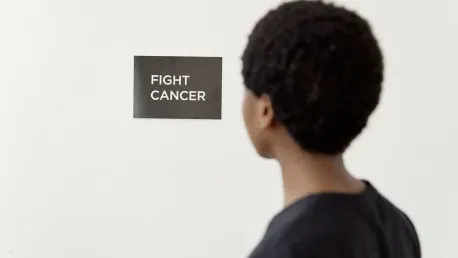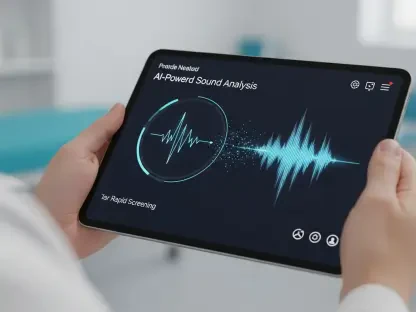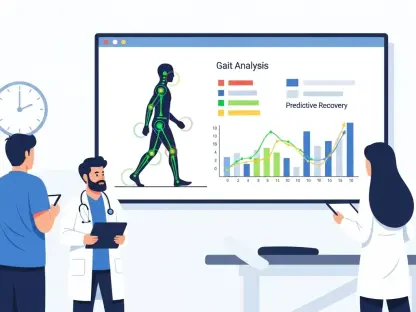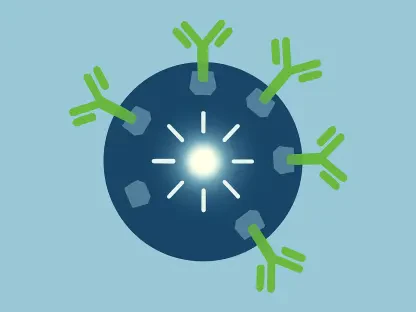The recent approval of Aucatzyl by the FDA marks a significant advancement in the treatment landscape for patients with B-cell precursor acute lymphoblastic leukemia, especially those whose disease has progressed following initial chemotherapy treatments. Developed by U.K.-based Autolus Therapeutics, Aucatzyl enters the market as a direct competitor to Gilead Sciences’ Tecartus, which has been a part of the therapeutic arsenal since 2021. With a list price set at $525,000, Aucatzyl positions itself at a higher cost compared to its rival. However, Autolus confidently asserts that the advanced design of Aucatzyl will lead to fewer side effects, thus potentially offering an enhanced therapeutic profile compared to Tecartus. It is noteworthy that while Tecartus generated $305 million in sales during the first three quarters of 2024, Aucatzyl’s market entry could disrupt these figures significantly, establishing itself as a formidable player in the CAR-T therapy space.
CAR-T Therapy: Revolutionizing Cancer Treatment
CAR-T therapies, including Aucatzyl, represent a cutting-edge advancement in cancer treatment, leveraging genetically modified patient immune cells to target and annihilate cancer cells. The transformative potential of these therapies lies in their capacity to induce long-lasting remissions in blood cancer patients, a feat that conventional therapies often struggle to achieve. Yet, the journey to this promising outcome is not without its challenges. The high costs associated with CAR-T treatments, coupled with the prerequisite of preparatory chemotherapy and the extensive process required to re-engineer the patient’s immune cells, present formidable hurdles. Additionally, the significant immune and neurological side effects that accompany these therapies underscore the need for careful patient management and monitoring.
Aucatzyl, standing out from the existing pool of CAR-T therapies, boasts a unique design that mimics naturally occurring T cells. This innovative approach is anticipated to result in higher counts of active cells post-infusion, potentially reducing the incidence of adverse effects that are commonly observed with other CAR-T treatments. Aucatzyl’s profile is further distinguished by the fact that it is the first CAR-T therapy to receive FDA approval without a mandatory risk mitigation strategy. This approval alleviates healthcare providers from the responsibility of implementing comprehensive countermeasures against immune-related issues, streamlining the treatment protocol and reducing the burden on medical infrastructure.
Market Impact and Future Prospects
The economic outlook for CAR-T therapies is set for a major shift with the introduction of Aucatzyl. Autolus supports Aucatzyl’s high pricing by emphasizing its clinical efficacy and projected health-economic benefits. During an analyst call, Christopher Vann, Autolus’ COO, highlighted Aucatzyl’s potential to deliver substantial health outcomes, justifying its cost. Reflecting this optimism, analyst Matt Phipps of William Blair forecasts peak sales of $300 million for Aucatzyl, despite initially more conservative estimates.
The FDA approval came based on the positive results from the Felix clinical trial, where 63% of participants achieved complete remission. Notably, only around 3% experienced severe cytokine release syndrome, a dangerous side effect of CAR-T treatments. This data reinforces claims that Aucatzyl might offer a more manageable safety profile while maintaining high efficacy.
Aucatzyl’s approval signals a new chapter for CAR-T therapies, potentially outshining existing treatments like Tecartus due to its innovative design and reduced side effects. This aligns with the trends in personalized medicine, aiming for maximum therapeutic outcomes with fewer adverse effects. As Aucatzyl starts its market journey, cancer therapies continue to evolve, offering hope and new possibilities for patients facing advanced cancers.









